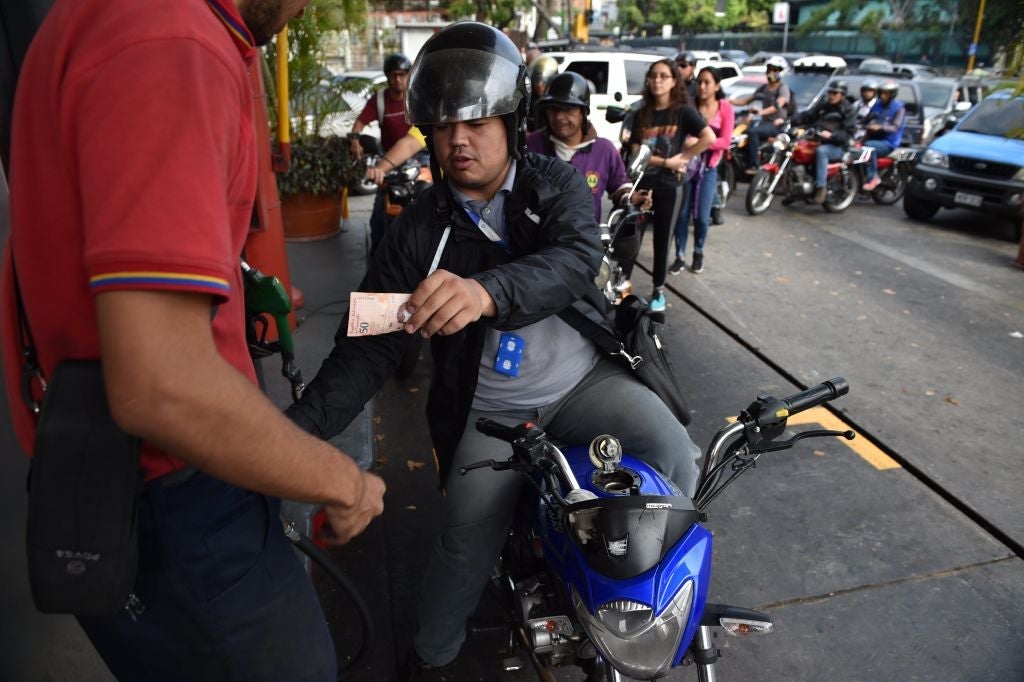

Venezuela ended 2019 with an increase in foreign direct investment (FDI) inflows ($934m) compared with 2018 figures ($886m), according to the UN Conference on Trade and Development’s (UNCTAD’s) World Investment Report 2020.
While the country is attractive to foreign investors on paper due to its petroleum reserves, the size of its national market and the wealth of its natural resources, Venezuela has suffered from political instability and social unrest over the past few years, a situation that is likely to be compounded by the Covid-19 pandemic.
Is Venezuela hostile to FDI?
On top of this highly volatile political environment, Venezuela also has a restrictive legal framework when it comes to FDI. Much of this stems from a move in 2014, when the government approved a law that reduced the statutory rights of foreign investors.
Venezuela also has one of the highest inflation rates in the world, as well as high levels of corruption, poverty and violence.
The country is also run by an interventionist government, and the judiciary is strongly politicised and often influenced by the executive branch.
US multinational General Motors left the country in 2017 after alleging that the Venezuelan government seized its plant. Other multinationals have done the same in recent years, either selling their assets at a low price or giving them up completely.
While Western companies are applying a great deal of caution when it comes to dealing with Venezuela, the country has a more kindred spirit in China. Indeed, UNCTAD reports that China is now the key importer of raw materials from Venezuela.






